Ageing of lung stem cells drives iron insufficiency.
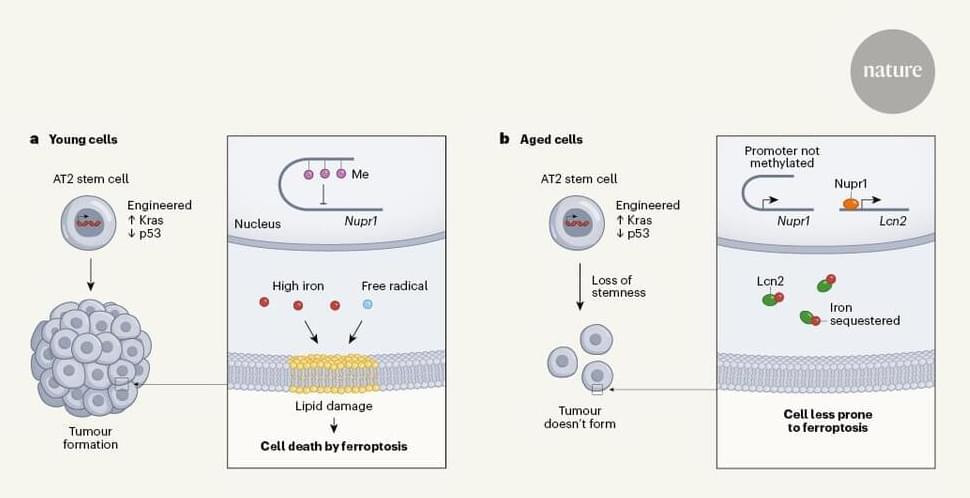

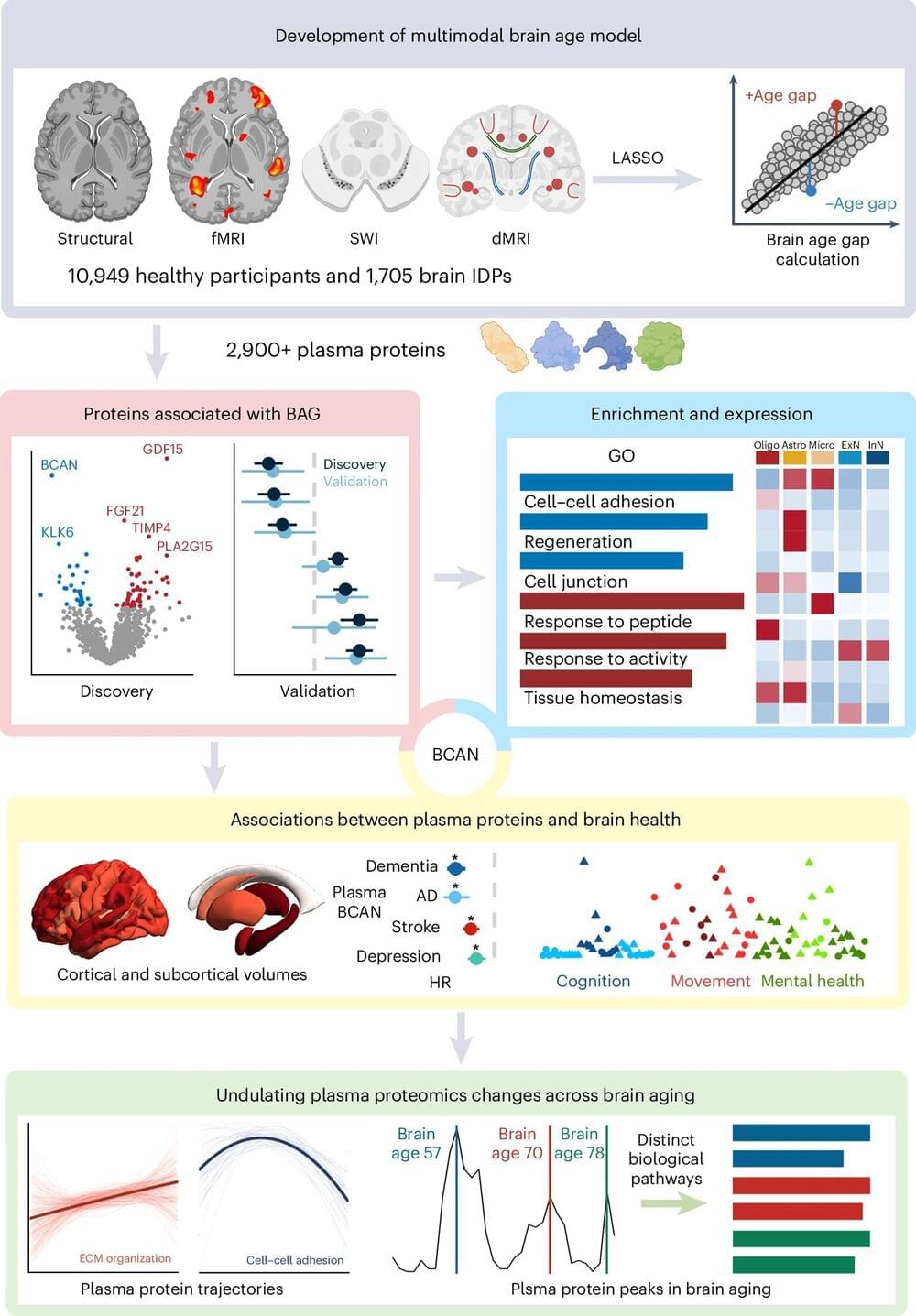
Thirteen proteins linked to brain aging in humans are identified in a Nature Aging paper. Changes in the concentrations of these blood proteins may peak at 57, 70, and 78 years old in humans, and suggest that these ages may be important for potential interventions in the brain aging process.
It is estimated that by 2050 the number of individuals aged 65 years and over will exceed 1.5 billion globally, highlighting the need for a deeper understanding of the aging process—particularly in relation to the brain.
The prevalence of neurodegenerative disorders, such as dementia, is known to increase with aging; however, effective therapies are still limited. The early identification of and intervention in brain aging could help us to prevent such disorders.
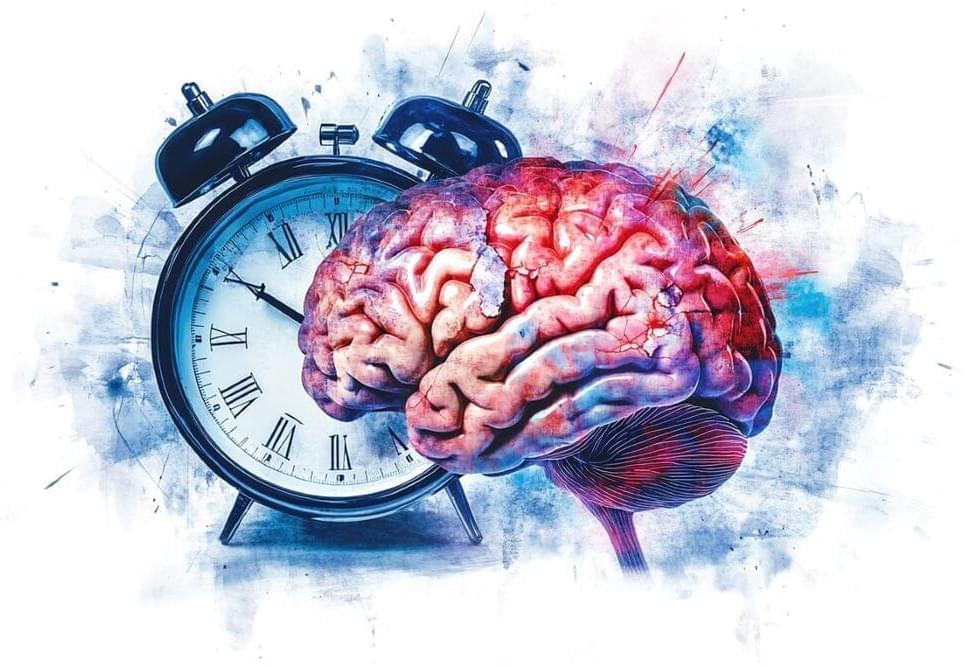
Summary: Research reveals that people with high blood pressure who also sleep less than six hours per night face increased risks of brain injury, accelerated brain aging, and impaired executive function. The study assessed 682 participants from the Framingham Heart Study, analyzing sleep patterns, blood pressure, cognitive performance, and brain MRIs.
These risks were not present in individuals with normal blood pressure, highlighting a concerning interaction between sleep deprivation and hypertension. Researchers suggest treating sleep problems and hypertension as potential interventions to protect brain health and delay cognitive decline.
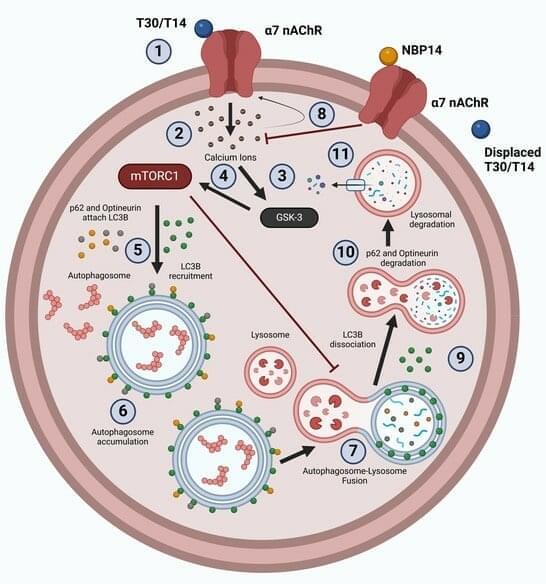
💡 LastestPaper.
🧑🏻🔬 By Ms. Cloe García Porta, Dr. Kashif Mahfooz, Mr. Joanna Komorowska, Dr. Sara Garcia-Rates and Dr. Susan Greenfield.
During development, a 14mer peptide, T14, modulates cell growth via the α-7 nicotinic acetylcholine receptor (α7 nAChR). However, this process could become excitotoxic in the context of the adult brain, leading to pathologies such as Alzheimer’s disease (AD). Recent work shows that T14 acts selectively via the mammalian target of rapamycin complex 1 (mTORC1). This pathway is essential for normal development but is overactive in AD. The triggering of mTORC1 has also been associated with the suppression of autophagy, commonly observed in ageing and neurodegeneration. We therefore investigated the relationship between T14 and autophagic flux in tissue cultures, mouse brain slices, and human Alzheimer’s disease hippocampus.
Abstract. Pharmacological inhibition of the mechanistic target of rapamycin (mTOR) signaling pathway with rapamycin can extend lifespan in several organisms. Although this includes the nematode Caenorhabditis elegans, effects in this species are relatively weak and sometimes difficult to reproduce. Here we test effects of drug dosage and timing of delivery to establish the upper limits of its capacity to extend life, and investigate drug effects on age-related pathology and causes of mortality. Liposome-mediated rapamycin treatment throughout adulthood showed a dose-dependent effect, causing a maximal 21.9% increase in mean lifespan, but shortening of lifespan at the highest dose, suggesting drug toxicity. Rapamycin treatment of larvae delayed development, weakly reduced fertility and modestly extended lifespan. By contrast, treatment initiated later in life robustly increased lifespan, even from Day 16 (or ~70 years in human terms). The rapalog temsirolimus extended lifespan similarly to rapamycin, but effects of everolimus were weaker. As in mouse, rapamycin had mixed effects on age-related pathologies, inhibiting one (uterine tumor growth) but not several others, suggesting a segmental antigeroid effect. These findings should usefully inform future experimental studies with rapamycin and rapalogs in C. elegans.
Join us on Patreon! https://www.patreon.com/MichaelLustgartenPhD
Discount Links/Affiliates:
Blood testing (where I get the majority of my labs): https://www.ultalabtests.com/partners/michaellustgarten.
At-Home Metabolomics: https://www.iollo.com?ref=michael-lustgarten.
Use Code: CONQUERAGING At Checkout.
Clearly Filtered Water Filter: https://get.aspr.app/SHoPY
Epigenetic, Telomere Testing: https://trudiagnostic.com/?irclickid=U-s3Ii2r7xyIU-LSYLyQdQ6…M0&irgwc=1
Use Code: CONQUERAGING
NAD+ Quantification: https://www.jinfiniti.com/intracellular-nad-test/

Research in mice shows limited intakes of one particular essential amino acid can slow the impacts of aging and even lengthen their lifespan.
Scientists are now wondering if these findings could help people improve their longevity and quality of life.
Isoleucine is one of three branched-chain amino acids we use to build proteins in our bodies. It is essential for our survival, but since our cells can’t produce it from scratch, we have to get it from sources like eggs, dairy, soy protein, and meats.
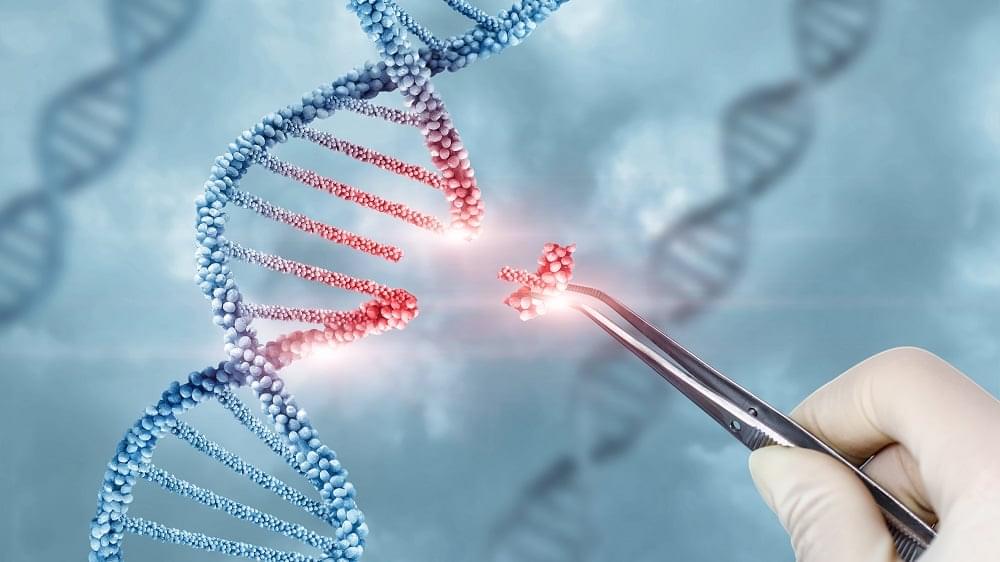
Scientists from the Longevity Research Institute (LRI), which was formed by the merger of SENS Research Foundation and Lifespan.io, have achieved expression of an essential mitochondrial gene in the nucleus and proper functioning of the protein. This could pave the way for curing diseases caused by mitochondrial mutations [1].
The fragile mitochondrial DNA
The prevailing scientific consensus is that mitochondria were once independent microorganisms that entered a symbiotic relationship with larger cells. This duo gave rise to eukaryotic cells: the building blocks of all multicellular life. Without that fateful “marriage,” complex life would not exist, as mitochondria provide cells with essential energy via oxidative phosphorylation.
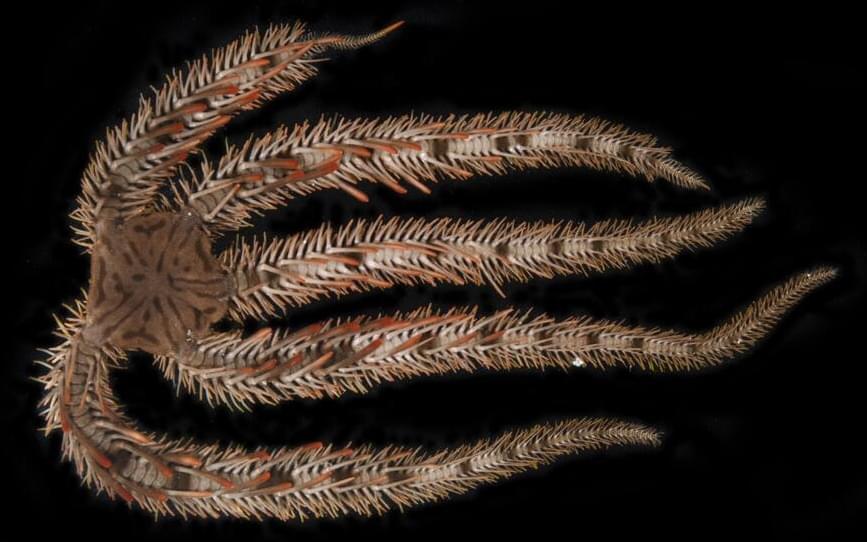
Major findings on the inner workings of a brittle star’s ability to reversibly control the pliability of its tissues will help researchers solve the puzzle of mutable collagenous tissue (MCT) and potentially inspire new “smart” biomaterials for human health applications.
The work is directed by Denis Jacob Machado—assistant professor in Bioinformatics at The University of North Carolina at Charlotte Center for Computational Intelligence to Predict Health and Environmental Risks (CIPHER)—and Vladimir Mashanov, staff scientist at Wake Forest Institute for Regenerative Medicine.
In “Unveiling putative modulators of mutable collagenous tissue in the brittle star Ophiomastix wendtii: an RNA-Seq analysis,” published recently in BMC Genomics, the researchers describe using advanced transmission electron microscopy (TEM), RNA sequencing, and other bioinformatics methods to identify 16 potential MCT modulator genes. This research offers a breakthrough towards understanding precisely how echinoderms quickly and drastically transform their collagenous tissue. The first author of the paper, Reyhaneh Nouri, is a Ph.D. student in UNC Charlotte’s Department of Bioinformatics and Genomics.